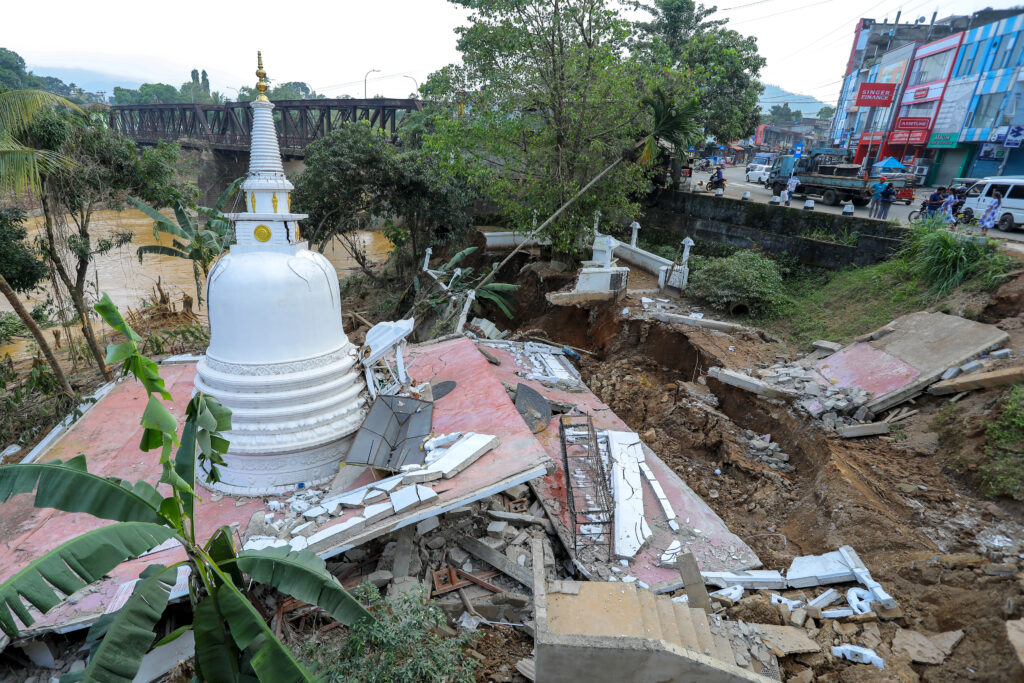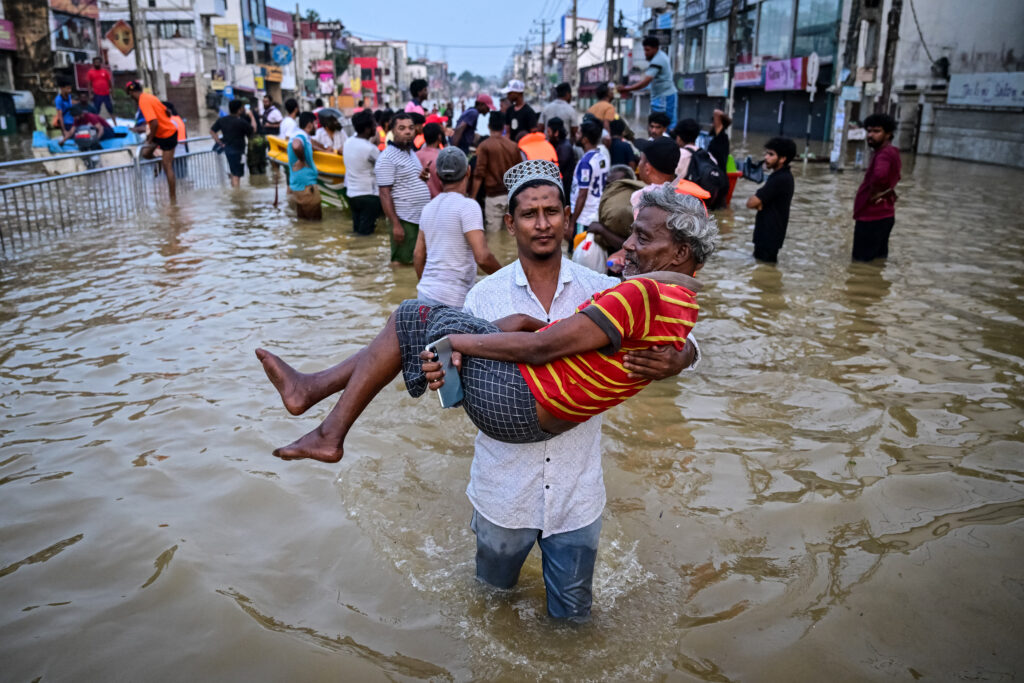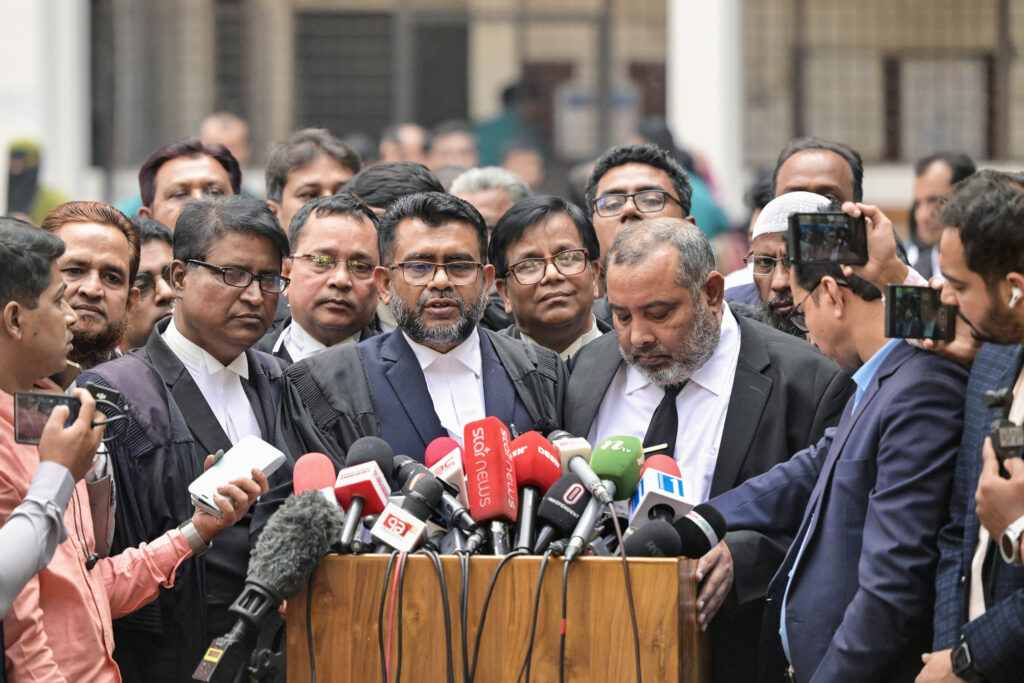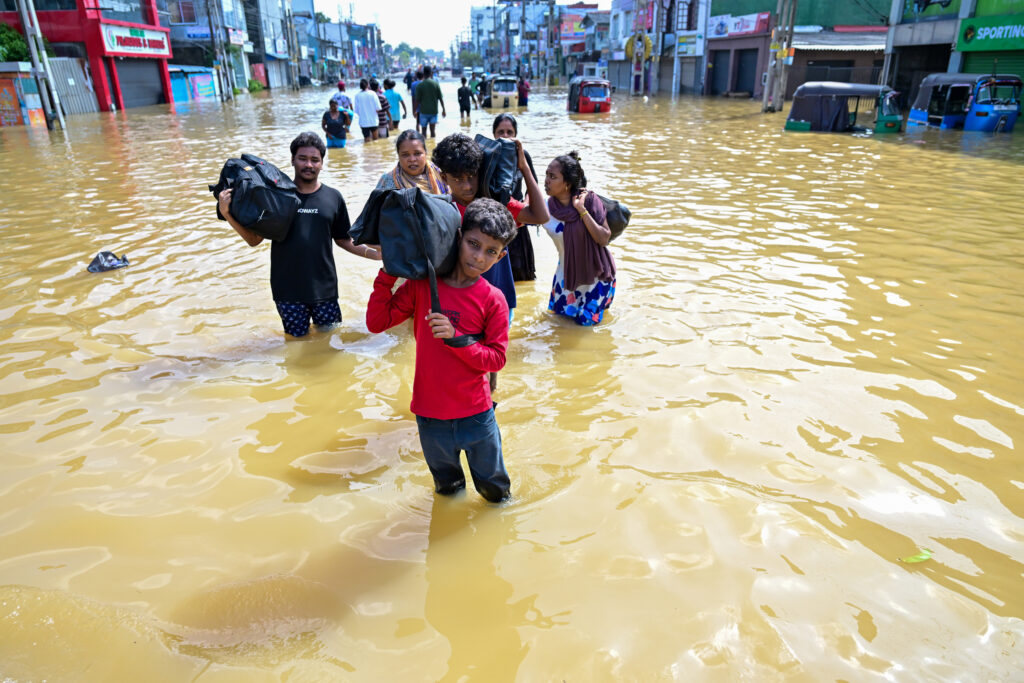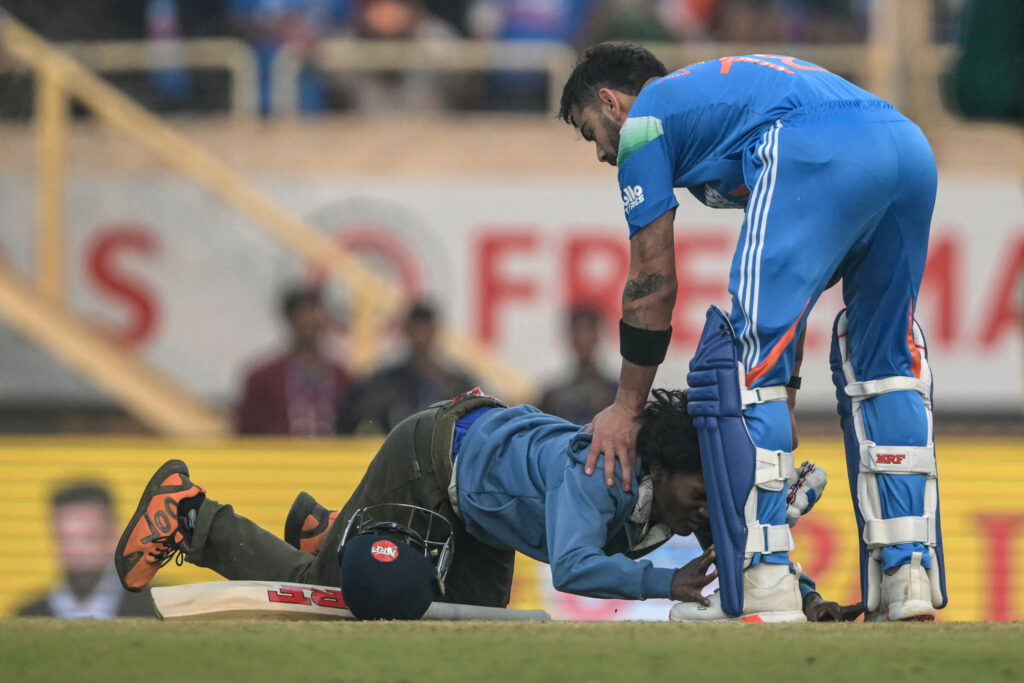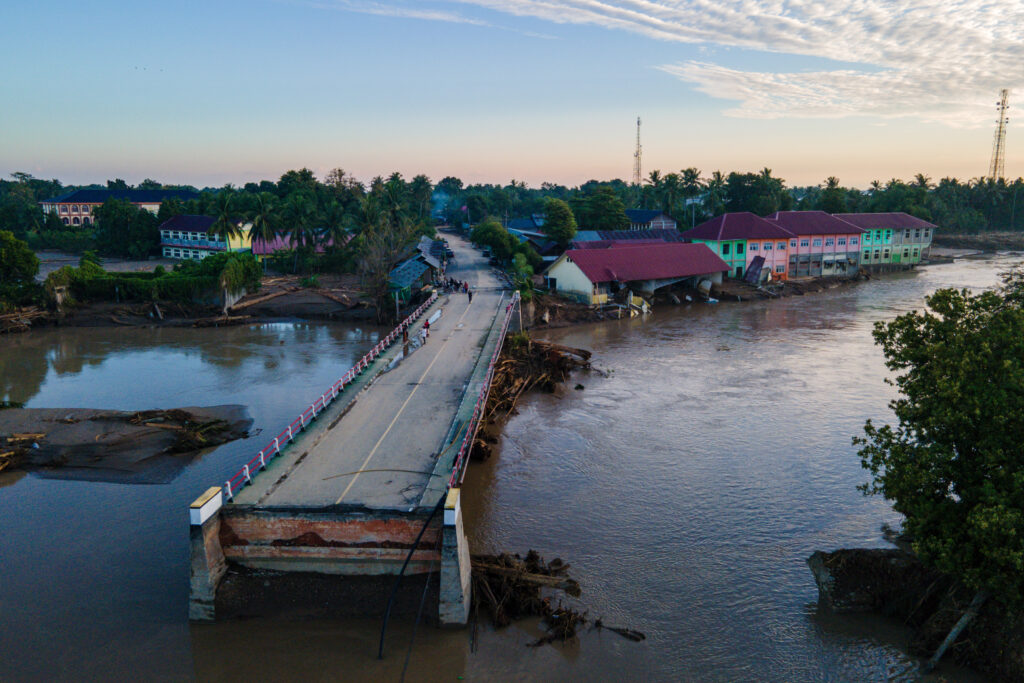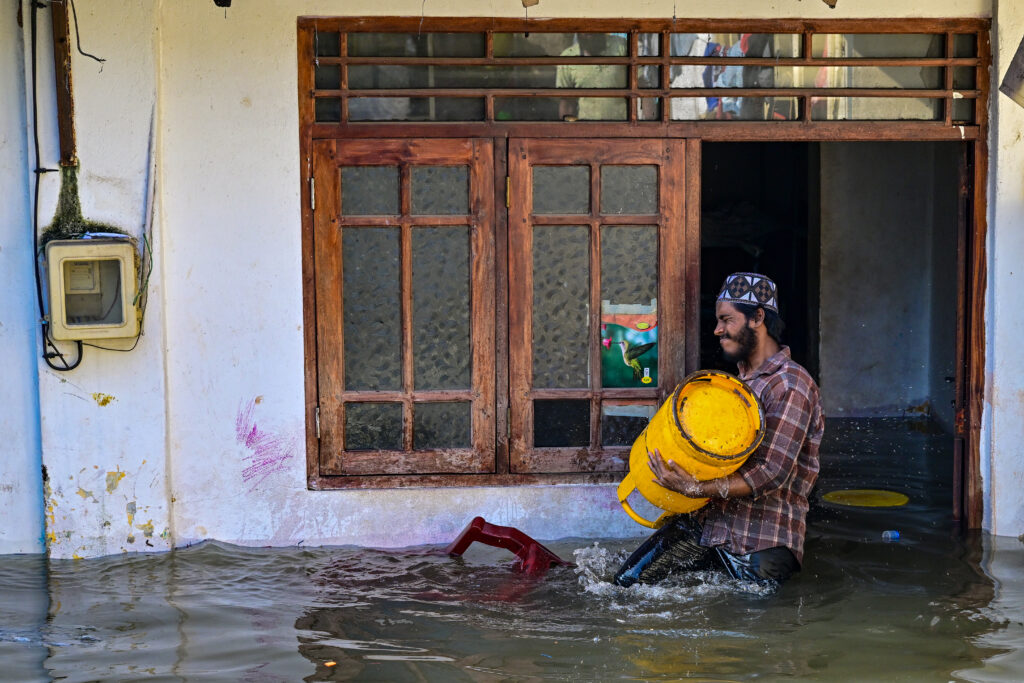Race to get aid to Asia flood survivors as toll nears 1,200
Governments and aid groups in Indonesia and Sri Lanka worked to rush aid Tuesday to hundreds of thousands stranded by deadly flooding that has killed around 1,200 people in four countries.Torrential monsoon season deluges paired with two separate tropical cyclones last week dumped heavy rain across all of Sri Lanka and parts of Indonesia’s Sumatra, southern Thailand and northern Malaysia.Climate change is producing more intense rain events because a warmer atmosphere holds more moisture, and warmer oceans can turbocharge storms.The floodwaters have now largely receded, but the devastation means hundreds of thousands of people are now living in shelters and struggling to secure clean water and food.In Indonesia’s Aceh, one of the worst-affected regions, residents told AFP that survivors who could afford to were stockpiling supplies.”Road access is mostly cut off in flood-affected areas,” 29-year-old Erna Mardhiah said as she joined a long queue at a petrol station in Banda Aceh.”People are worried about running out of fuel,” she added from the line she had been in for two hours.The pressure has caused skyrocketing prices.”Most things are already sky-high… chillies alone are up to 300,000 rupiah per kilo ($18), so that’s probably why people are panic-buying,” she said.On Monday, Indonesia’s government said it was sending 34,000 tons of rice and 6.8 million litres of cooking oil to the three worst-affected provinces, Aceh, North Sumatra and West Sumatra.”There can be no delays,” Agriculture Minister Andi Amran Sulaiman said.- Food shortage risk -Aid groups said they were working to ship supplies to affected areas, warning that local markets were running out of essential supplies and prices had tripled already.”Communities across Aceh are at severe risk of food shortages and hunger if supply lines are not reestablished in the next seven days,” charity group Islamic Relief said.A shipment of 12 tonnes of food from the group aboard an Indonesian navy vessel was due to arrive in Aceh on Tuesday.At least 631 people were killed in the floods across Sumatra, and 472 are still listed as missing. A million people have evacuated from their homes, according to the disaster agency.Survivors have described terrifying waves of water that arrived without warning.In East Aceh, Zamzami said the floodwaters had been “unstoppable, like a tsunami wave.””We can’t explain how big the water seemed, it was truly extraordinary,” said the 33-year-old, who like many Indonesians goes by one name.People in his village sheltered atop a local two-storey fish market to escape the deluge and were now trying to clean the mud and debris left behind while battling power and telecommunications outages.”It’s difficult for us (to get) clean water,” he told AFP on Monday.”There are children who are starting to get fevers, and there’s no medicine.”The weather system that inundated Indonesia also brought heavy rain to southern Thailand, where at least 176 people were killed.Across the border in Malaysia, two more people were killed.- Colombo floodwaters recede -A separate storm brought heavy rains across all of Sri Lanka, triggering flash floods and deadly landslides that killed at least 390 people.Another 352 remain missing, and some of the worst-hit areas in the country’s centre are still difficult to reach.President Anura Kumara Dissanayake has declared a state of emergency to deal with what he called the “most challenging natural disaster in our history”.Unlike his Indonesian counterpart, he has called for international aid.Sri Lanka’s air force, backed by counterparts from India and Pakistan, has been evacuating stranded residents and delivering food and other supplies.In the mountainous Welimada region, security forces on Monday recovered the bodies of 11 residents buried by mudslides, a local official said.In the capital Colombo meanwhile, floodwaters were slowly subsiding on Tuesday.The speed with which waters rose around the city surprised local residents used to seasonal flooding.”Every year we experience minor floods, but this is something else,” delivery driver Dinusha Sanjaya told AFP.”It is not just the amount of water, but how quickly everything went under.”Rains have eased across the country, but landslide alerts remain in force across most of the hardest-hit central region, officials said.burs-sah/mtp
